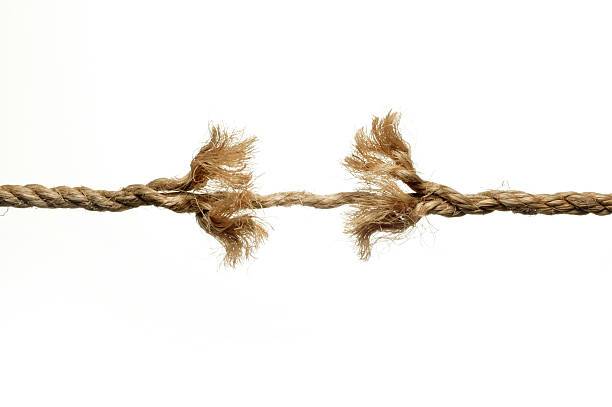- Twine Transcendent
Twine is a robust thread, a delicate string, or a cord created by twisting two or more thinner strands and then plying them together in the opposite direction. This process adds torsional strength, preventing it from unraveling.
But what occurs when you keep twisting the twine’s ends, and it begins to unravel? Often, relationships resemble twine. The core is sturdy, capable of holding things together better than any other string. However, over time, exposure to the ends causes fraying. Without proper attention to the ends, they continue to unravel, turning the once-strong string into something weak and breakable. Yet, with just a little care and time, the core can remain robust, impervious to a simple tug.
It is with this twine analogy that I approach interpersonal relationships. Do you invest the necessary time to let your friends, lovers, or family know their importance, or do you allow the ends to fray, risking the core of your relationships weakening? Does giving time feel like a chore? If you feel this way, rest assured that the other person likely feels it too. It’s during these moments that, if you value the relationship, you should tend to the frayed ends, preserving the core’s strength, rather than cutting the string and replacing it with a fresh piece. Yes, the new piece may initially be stronger, but it will eventually fray, leading to the same dilemma of mend or cut.
How many times have we wasted perfectly good twine by simply cutting it, without taking a moment to heat up the ends and mend it? Throughout life, we encounter similar situations in relationships. I tend to approach them like frayed twine – I use a flame to melt the fray away.
You might find it unusual that I compare relationships to twine, but I see the parallels. Many times, people opt for cutting and replacing instead of repairing. They switch to a new piece of twine, only to face the same issues again. In my view, it’s more sensible to repair what you have than continually search for a new string. So, my question to you is, are you a repairer or a replacer? What do you consider the best course of action when things become frayed?
In conclusion, I recommend to each of you reading this to take the time to mend your ends. Just like twine, relationships that invest time in mending their frayed ends endure for a lifetime. With each new string, you’ll encounter the same problems. So, choose to repair rather than replace.




Comments